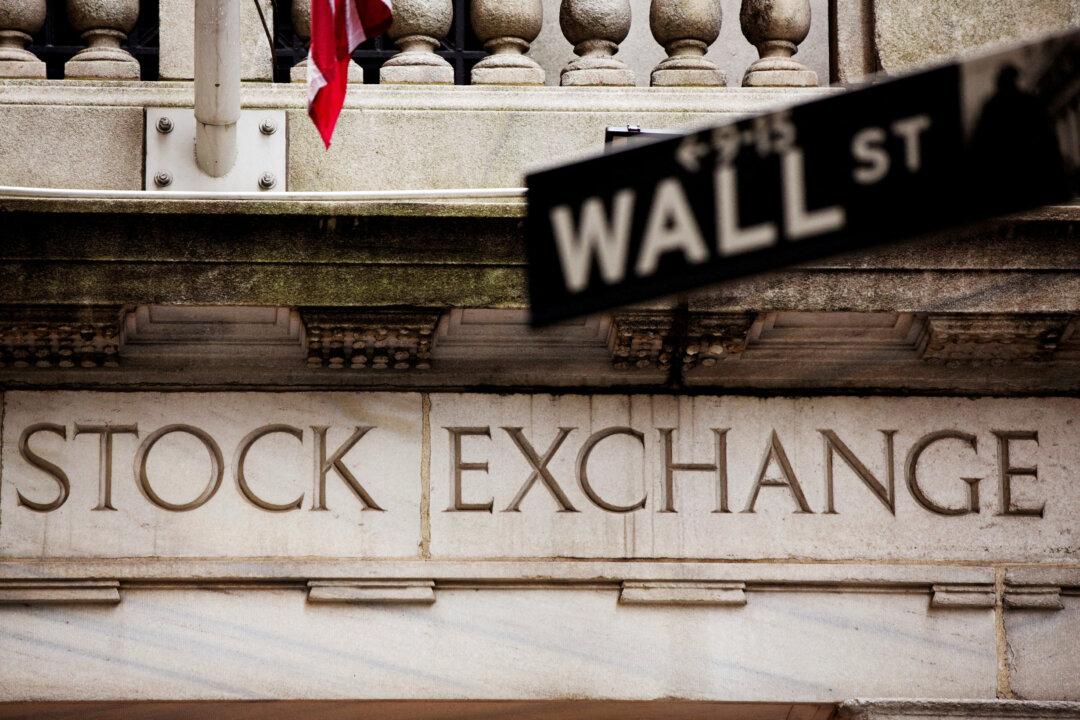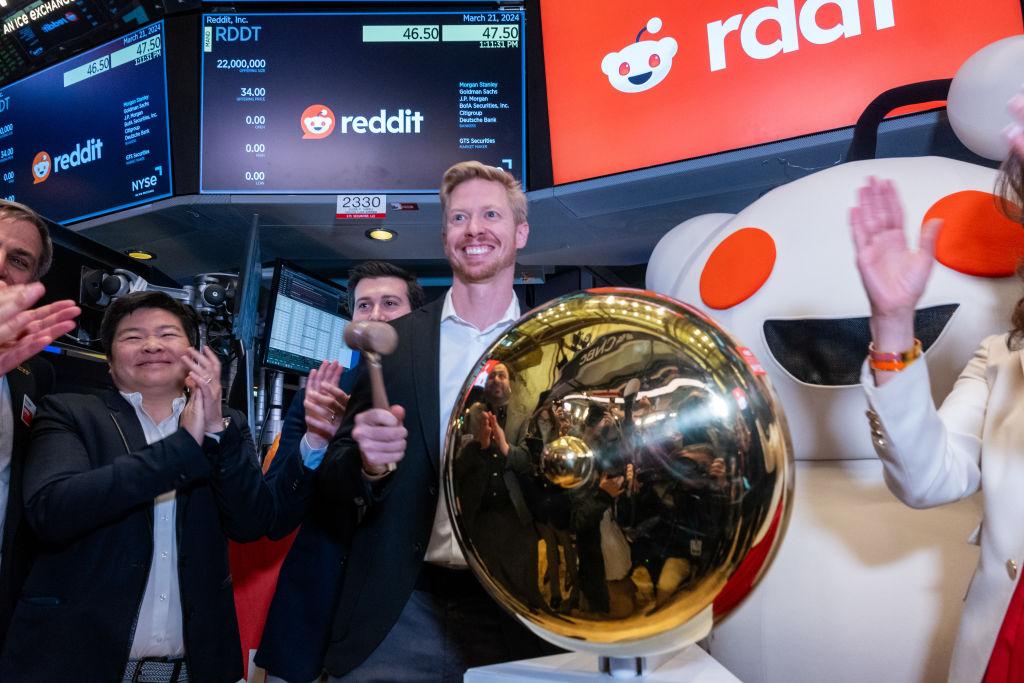Commentary
The turn of the year brings familiar things. Everyone goes to the gym and makes resolutions to try to create habits to benefit their life. Every year, Wall Street charlatans pepper the airwaves and business channels with advice on how to get rich quick.





